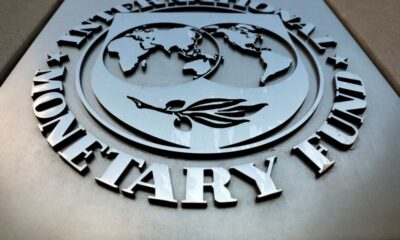Musings From Abroad
US Secretary of State Blinken in Egypt for talks over Gaza hostage deal

Musings From Abroad
EU withdraws Niger diplomat after junta accuses it of mismanaging aid
Musings From Abroad
Mpox remains health emergency, WHO insists
-

 Metro1 day ago
Metro1 day agoNigeria: CSO urges President Tinubu to investigate missing funds in Humanitarian Ministry
-

 Metro22 hours ago
Metro22 hours agoZambia: Farmers’ union warns of uncertain future for agriculture sector
-

 Sports21 hours ago
Sports21 hours agoTP Mazembe pip AS FAR to win African Women’s Champions League
-

 Tech21 hours ago
Tech21 hours agoFintech startup DigMo launched in Zambia to gamify financial planning


























